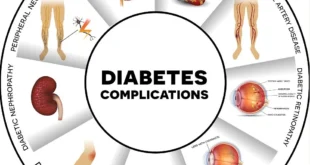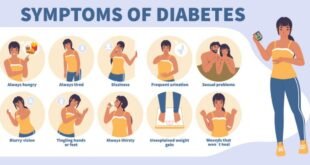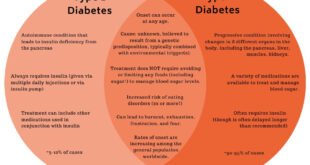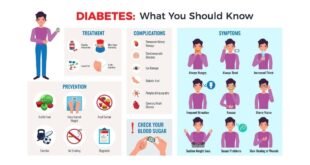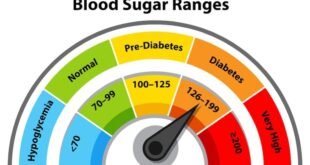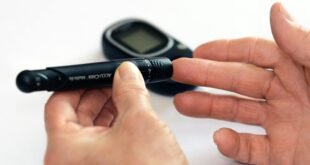Types of Diabetes: What You Need to Know
Diabetes is not a one-size-fits-all condition. It comes in different forms, each with its own causes, symptoms, and treatment strategies. Whether you’re living with diabetes or simply want to understand it better, knowing the types is the first step toward awareness and prevention.
1️⃣ Type 1 Diabetes
- Cause: An autoimmune reaction where the body attacks insulin-producing cells in the pancreas.
- Who it affects: Mostly children and young adults, though it can occur at any age.
- Key traits:
- Sudden onset
- Requires daily insulin injections
- Not linked to lifestyle or diet
- Symptoms: Frequent urination, extreme thirst, weight loss, fatigue.
2️⃣ Type 2 Diabetes
- Cause: The body becomes resistant to insulin or doesn’t produce enough.
- Who it affects: Adults over 40, but increasingly common in younger people due to lifestyle factors.
- Key traits:
- Gradual onset
- Often linked to obesity, poor diet, and inactivity
- May be managed with diet, exercise, and medication
- Symptoms: Blurred vision, slow healing wounds, frequent infections, tiredness.
3️⃣ Gestational Diabetes
- Cause: Hormonal changes during pregnancy that affect insulin use.
- Who it affects: Pregnant women, usually in the second or third trimester.
- Key traits:
- Temporary condition
- Increases risk of Type 2 diabetes later in life
- Requires monitoring and dietary adjustments
- Symptoms: Often mild or unnoticed, but can include increased thirst and frequent urination.
4️⃣ Prediabetes
- Cause: Blood sugar levels are higher than normal but not high enough for a diabetes diagnosis.
- Who it affects: Anyone at risk of developing Type 2 diabetes.
- Key traits:
- Often reversible with lifestyle changes
- No clear symptoms—screening is essential
- Warning signs: Overweight, family history of diabetes, high blood pressure.
🛡️ Why Knowing the Type Matters
Each type of diabetes requires a different approach to treatment and prevention. Early diagnosis and proper management can prevent complications like heart disease, kidney failure, and vision loss.
Takeaway: Whether it’s Type 1, Type 2, gestational, or prediabetes—awareness is power. Know the signs, understand your risk, and take action early.
Would you like me to write a Somali version of this post or add a creative intro for your audience?
 Kolnest.com – Know the Signs. Change the Future. Entertainments, Gadgets, Business, News, Articles, Love, Travel, Heallth
Kolnest.com – Know the Signs. Change the Future. Entertainments, Gadgets, Business, News, Articles, Love, Travel, Heallth
